Please use this identifier to cite or link to this item:
https://hdl.handle.net/20.500.12348/5663
GIZ | Taking nutrition-sensitive carp-SIS polyculture technology to scale. Progress report: March 2021 to December 2021
| dc.creator | Belton, B. | en_US |
| dc.date.accessioned | 2023-11-20T21:59:41Z | |
| dc.date.available | 2023-11-20T21:59:41Z | |
| dc.date.issued | 2021 | en_US |
| dc.identifier.citation | Ben Belton. (31/12/2021). GIZ | Taking nutrition-sensitive carp-SIS polyculture technology to scale. Progress report: March 2021 to December 2021. | en_US |
| dc.identifier.uri | https://hdl.handle.net/20.500.12348/5663 | |
| dc.description.abstract | Fish is an irreplaceable source of micronutrients in diets in many developing countries, where large numbers of vulnerable people belong to 'fish dependent' populations. Previous WorldFish research has demonstrated that small indigenous species (SIS) of fish can be a particularly rich sources of key micronutrients, including calcium, zinc, and vitamins A and B12, and make a crucial contribution towards reaching recommended dietary micronutrient intakes, including for women and children. However, the availability of these species is declining in many locations, where habitat degradation, overexploitation of inland fisheries, and other environmental stresses have made once abundant and affordable SIS increasingly scarce and expensive. Farming SIS would help to enhance the availability of these foods and make them more accessible to low-income consumers, but the lack of hatchery breeding techniques for mass production of SIS seed is a key barrier to scaling of nutrition-sensitive aquaculture to its full potential. WorldFish is implementing a GIZ-funded project titled “Taking nutrition-sensitive carp-SIS polyculture technology to scale” to address this key bottleneck through applied research on mass production of SIS seed in Assam and Odisha states of India. The project has 4 components: (1) Assess factors influencing the adoption of carp-SIS polyculture technology under by previous projects. (2) Develop protocols for the mass production and transport of seed of up to five nutrient-rich SIS; (3) Validate business models for reproduction and distribution of SIS species in partnership with private seed supply enterprises; and (4) Technical training and outreach to ensure integration into public and private investments for further scaling. | en_US |
| dc.format | XLSX | en_US |
| dc.language | en | en_US |
| dc.rights | Copyrighted; all rights reserved | en_US |
| dc.subject | small indigenous species | en_US |
| dc.title | GIZ | Taking nutrition-sensitive carp-SIS polyculture technology to scale. Progress report: March 2021 to December 2021 | en_US |
| dc.type | Donor Report | en_US |
| cg.contributor.crp | Fish | en_US |
| cg.contributor.funder | Deutsche Gesellschaft für Internationale Zusammenarbeit | en_US |
| cg.contributor.project | Taking nutrition-sensitive carp-SIS polyculture technology to scale | en_US |
| cg.coverage.country | Bangladesh | en_US |
| cg.coverage.country | India | en_US |
| cg.coverage.region | Southern Asia | en_US |
| cg.subject.agrovoc | carp | en_US |
| cg.subject.agrovoc | polyculture (aquaculture) | en_US |
| cg.subject.agrovoc | Fish | en_US |
| cg.contributor.affiliation | WorldFish | en_US |
| cg.identifier.status | Timeless limited access | en_US |
| cg.contribution.worldfishauthor | Belton, B. | en_US |
| cg.description.theme | Sustainable aquaculture | en_US |
| cg.identifier.url | https://mel.cgiar.org/dspace/limited | en_US |
Files in this item
This item appears in the following Collection(s)
-
Sustainable aquaculture [2738]
